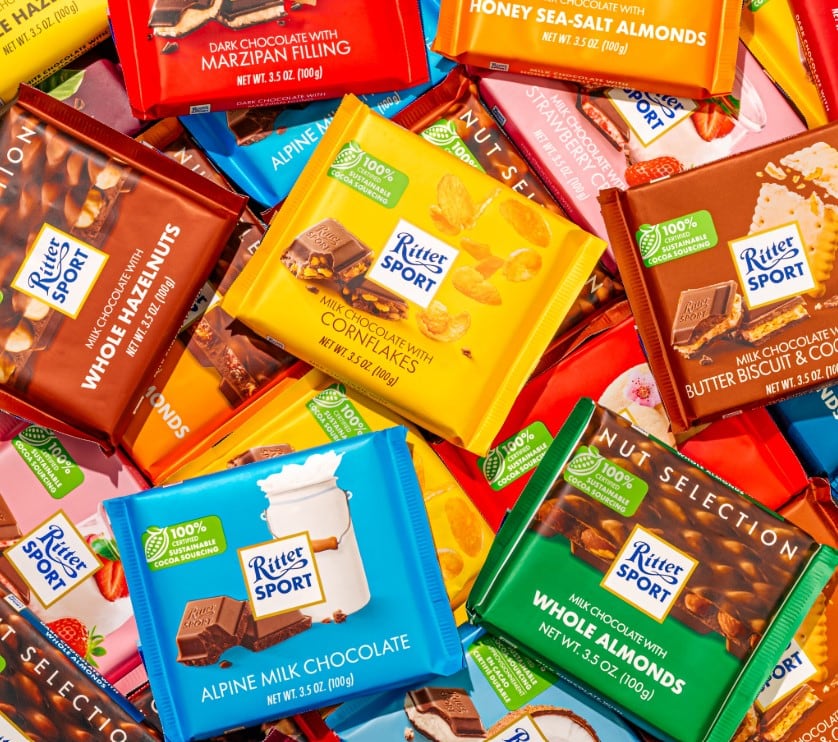4 things food brands must know to enter Saudi Arabia
Explore the top four insights food brands need to tap into Saudi Arabia’s fast-evolving F&B market, driven by rising demand and shifting consumer trends
The Middle East has seen enormous economic and population growth over the past decade, with Saudi Arabia emerging as one of the highest-potential markets for food and beverage development in this region.
This has been driven by population demographics as well government policies such as opening up its trade and Saudi Arabia’s Vision 2030 which prioritises retail reform and has attracted many international brands.
So what do food brands have to be aware of to gain entry and thrive in this burgeoning market? Here are the top must-knows.
Food fraud in Turkey reveals critical risks
Food fraud in Turkey is widespread and growing more sophisticated, with serious consequences for public health and trust in the supply chain
According to a comprehensive study led by Istanbul Aydın University, over 4,000 food fraud incidents involving more than 7,000 specific adulteration cases were documented in Turkey between 2012 and 2022.
The findings paint a clear picture: economically motivated fraud is targeting key staples like milk, meat, and vegetable oils. Many of these cases involved substitution with cheaper ingredients, but a disturbing number included pharmaceutical adulterants, like sildenafil (Viagra) and sibutramine, which can pose major health risks.
The researchers emphasised that these were not isolated problems but part of a systemic issue that undermined food safety and economic fairness. This warranted the need for better tools, smarter inspections, and tougher deterrents.
Why pulses may be key to a more sustainable food system
Here are three ways pulses meet the demands of future food systems – from health and affordability to environmental sustainability
Experts say pulses are increasingly seen as a strategic solution to both global health challenges and the need for more sustainable food production.
“The global pulse sector is playing a major role in addressing the increasing demand for food driven by global population growth, food insecurity, and demand for healthier alternatives, all while delivering products that align with broader sustainability issues,” said Murad Al-Katib, president and CEO of Canadian producer AGT Food and Ingredients.
Brazil nuts: Boosting health, forests, and livelihoods
Brazil nuts offer more than nutrition – they also protect rainforests and support local communities
We speak to Truly Nuts!, retail arm of global agri-tech firm White Lion, about its plans to expand globally with sustainably harvested Brazil nuts starting in Asia and the UK.
The firm’s strategy hinges on offering better-for-you snacks – catering to time-strapped consumers whether commuting or travelling.
Truly Nuts! aims to move consumers away from ultra-processed snacks by offering real, whole foods made with Brazil nuts, which are lower in sugar and rich in nutrients like selenium and antioxidants.
PepsiCo: Oats could reduce age-related inflammation
Research shows that oats can lower age-related inflammation (iAge) in adults at risk for cardiovascular disease
A clinical study has found that a daily intake of 3g beta-glucan from oats reduced age-related systemic chronic inflammation, also known as iAge, in adults at risk for cardiovascular disease.
This research was funded by PepsiCo, which manufactures oatmeal products under the brand name Quaker Oats.
While ‘bad’ cholesterol (LDL-c) is a known risk factor for cardiovascular disease, recent research shows that age-related systemic chronic inflammation (SCI) also plays a role.
Targeting SCI may therefore help delay or prevent the onset of cardiovascular disease.





